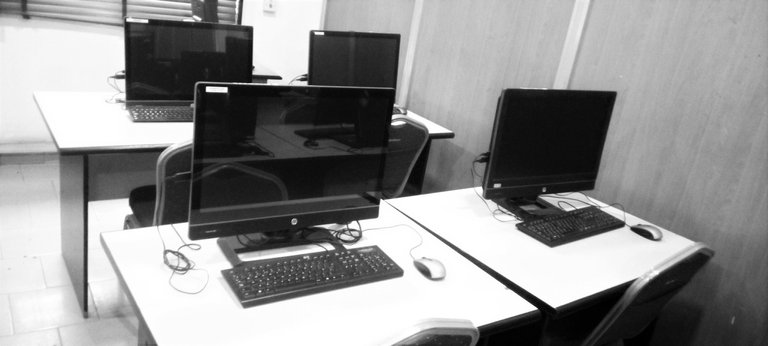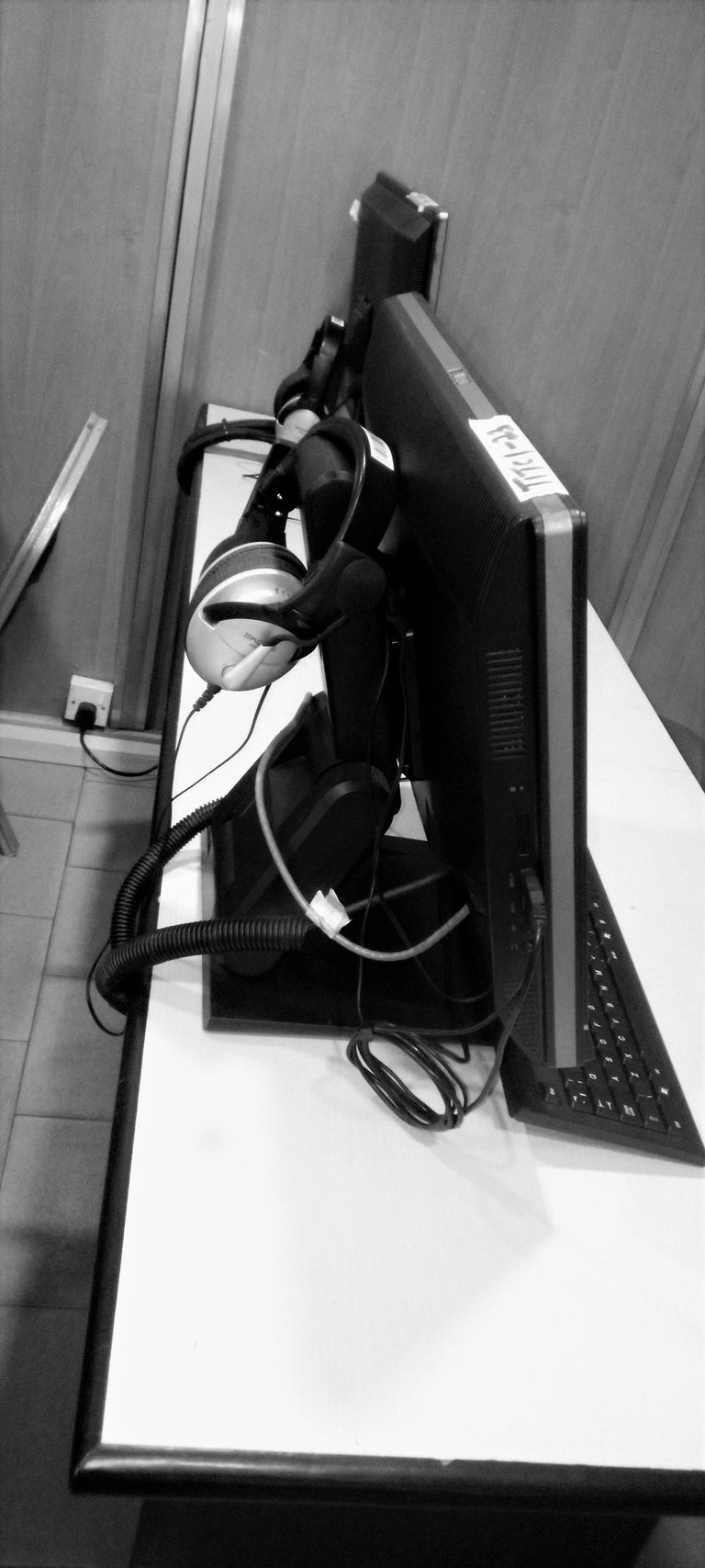Monomad Challenge: Shrinking Sizes, Will It Reduce More Than These?
Hello and happy new week to everyone. I am sure this week got you hale and hearty? Here is my entry to the week #monomad challenge.
Although not 100% certain but I am sure we all have personal computers at home or work place.

What amazes me about them is their shrinking sizes from their monitor to system unit. To me it will continue shrinking in size until we have the implantable electronic chips. Back in the 40’s where we had the first generations of computers which made use of vacuum tubes and could fill as large as a whole room. One of the major disadvantage of this system is that it was immobile and would only require experts to work on it when there is a fault. Just imagining an entire system with thousands of vacuum tubes been troubleshooted to fix a single problem.
What amazes me our modern society, it’s the significant change in computer sizes, we now have something smaller, slimmer and portable that can be taken to anywhere at any time.




When it’s faulty, we don’t need to hire expert abroad to fix it, just by the corner of the streets, there is a known computer technician who can handle the job perfectly.
I’m curious, Yes I am. I am so sure the modern age we are living in will sometimes be referred by incoming generation as an old age just like I am referring now, hence it will give more rooms for advanced technological design of computer components and the size of computers may be somewhat similar to that of a microchip with implants very rampant due to advanced security.
At same time I am also curious to know if the designers of computer systems today were also part of the older generation computer scientist. Why were they not able to replace the first generation computers as of 1940 with slimmer computer systems instead we had to wait until the 2000’s when we started having the Pentium and Corei7?
Thanks for reading my #monomad entry challenge, do have the best of the week!
All photos used on this article was shot by me.
Posted Using InLeo Alpha